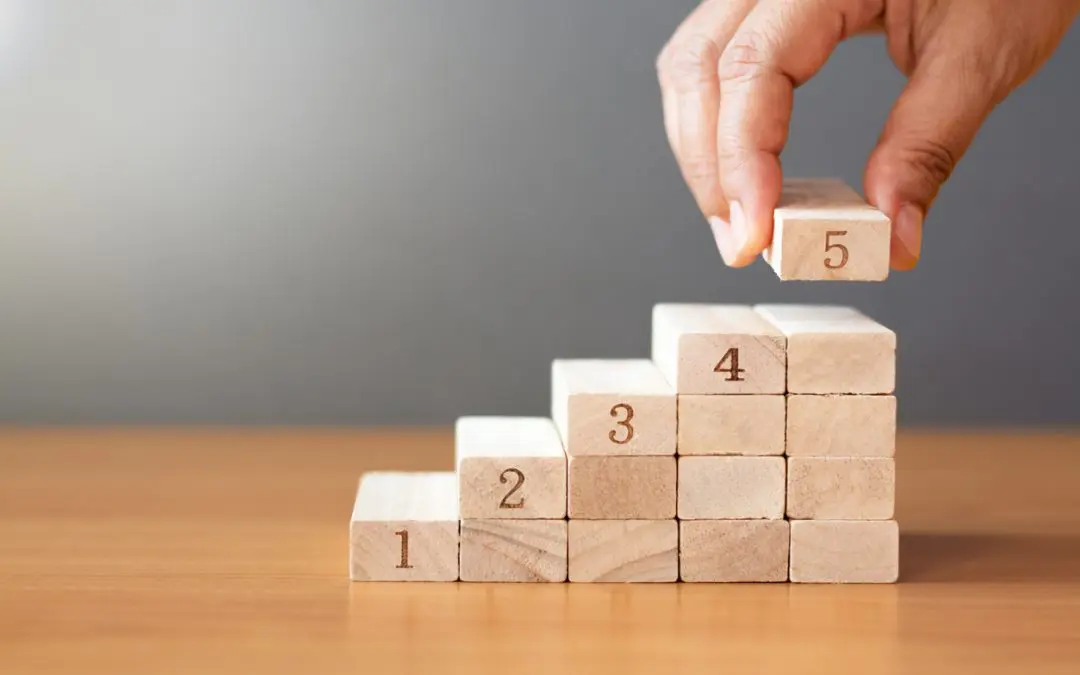Empowering learners to acquire and master valuable skills is essential for personal and professional growth. Skill acquisition models provide structured approaches to facilitate effective learning. In this blog, we’ll explore five prominent skill acquisition models of behaviorism, cognitive, constructivism, experiential learning, and mastery learning – and discuss how they empower learners to develop essential skills for success.
Also read: Five Ways to Anger Management
- Behaviorism Model:Behaviorism focuses on observable behaviors and external stimuli. In skill acquisition, this model emphasizes repetition, reinforcement, and conditioning to establish desired behaviors. Learners are trained through guided practice and feedback, gradually mastering skills through consistent application. For example, in language learning, learners repeat vocabulary and grammar exercises until they demonstrate proficiency. By providing clear objectives and rewards, behaviorism empowers learners to acquire new skills systematically.
- Cognitive Model:The cognitive model prioritizes understanding underlying principles and concepts. Learners engage in active processing, problem-solving, and critical thinking to internalize knowledge and skills. This model is effective for complex skill acquisition, such as programming or strategic planning, where comprehension and analysis are crucial. Learners are encouraged to explore diverse approaches, adapt strategies, and apply learned concepts creatively, fostering autonomy and deeper understanding.
- Constructivism Model:Constructivism emphasizes active learning through hands-on experiences and social interaction. Learners construct knowledge by exploring real-world problems, collaborating with peers, and reflecting on their experiences. In constructivist learning environments, learners engage in project-based activities, experimentation, and inquiry, driving their own learning process. This model empowers learners to develop problem-solving skills, creativity, and adaptability, essential for personal and professional growth.
- Experiential Learning Model:Experiential learning focuses on learning through direct experience and reflection. Learners engage in authentic, real-life situations where they apply skills in practical contexts. Through reflection on their experiences, learners gain insights, identify areas for improvement, and refine their skills iteratively. This model fosters self-awareness, resilience, and confidence, empowering learners to navigate challenges and adapt to new environments effectively.
- Mastery Learning Model:Mastery learning centers on ensuring that learners achieve mastery of each skill before progressing. Learners receive personalized instruction, continuous feedback, and opportunities for remediation until they demonstrate proficiency. Mastery learning empowers learners to set and achieve high standards, promoting a growth mindset and a commitment to lifelong learning. By mastering foundational skills, learners build a solid framework for further development and success in their personal and professional endeavors.
Also read: Four Skills that is Oxygen to your survival
Each skill acquisition model offers unique approaches to empower learners in acquiring and mastering valuable skills for personal and professional growth. By understanding and leveraging these models, educators, trainers, and learners can design tailored learning experiences that foster skill development, critical thinking, creativity, and resilience. Ultimately, by embracing diverse skill acquisition models, individuals can unlock their full potential and thrive in an ever-evolving world.
Written by
Godfrey Ajayi Sunday
Group Managing Director, GCIS
ukpelekoshe@gmail.com

